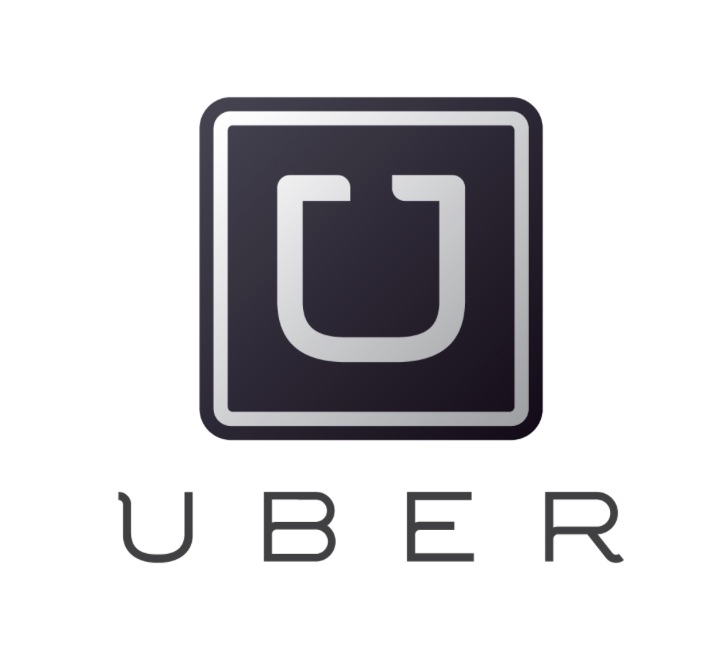
While Uber continues to bicker with big cities, other companies are coming online to compete in the app-based, ride-hailing transportation business.
Ride-hailing company Uber may be pulling its services out of the Houston market, one of only two communities it operates in that requires drivers to undergo city-mandated fingerprinted background checks. The other is New York City.
An ordinance recently approved — but not yet implemented — by the Corpus Christi City Council used Houston’s ordinance as a model. Uber representatives were quick to let the city know that would not be acceptable, specifically because of the fingerprint background check requirement.
“We’ve been operating in Houston under these regulations and it’s been extremely difficult to get drivers to sign up,” an Uber spokesperson told Corpus Christi Business News in March. The spokesperson asked not to be named as per company policy. “If you set up a system like a taxi company’s professional drivers, we know how much it can hurt the drivers and hurt the community."
The reason, says Uber, is that its drivers are available on a moment’s notice around the clock, making it easy for anyone who has had too much to drink to get home safely. They can push a button on a smart phone and have a car in minutes with no money changing hands. It’s all done online. Also, the phone tracks the car’s route and can notify a friend or family member that the rider has arrived safely.
The spokesperson also stressed that Uber drivers are not professionals and only work a few hours a week to make a little extra money. Asking these drivers to undergo extra scrutiny and expense makes it hard to keep enough of them available at any given time to meet rider demands.
The difficult experience in Houston has lead Uber to stay out of cities that attempt to impose a fingerprint background checks, it said. The San Francisco-based company pulled out of Corpus Christi recently, as well as Galveston and Midland. Now, the company may be leaving Houston as well.
In the bayou city, Uber told city leaders it would leave unless local regulations were relaxed. The app-based, ride-hailing company has been operating in Houston for two years. Mayor Sylvester Turner reacted immediately.
“This is just not how we do business in Houston,” he said, in a report in the Houston Chronicle. “[We] will not compromise on public safety.”
Corpus Christi Mayor Nelda Martinez has taken a similar stance, telling reporters that citizen safety will remain her main concern.
"If something horrible happened to one of my citizens because I didn't require an extra $38 [for a fingerprint and background check], I couldn't live with myself," Martinez said at a March city council meeting.
Several Uber drivers have made national headlines recently. None of them were tagged as potential problems by the company’s background checks. Charges have included rape, assault and even murder. A shooting spree by an Uber driver in Michigan in February killed six people.
The company recently settled two class-action lawsuits for $28.5 million brought against it for its claims that it provides “the safest ride on the road” and employs “industry-leading background checks.”
Competitive market
Now that Uber and Lyft have pulled out of Corpus Christi, two newcomers are looking at taking it on. Tride, which operates only in Tulsa, Oklahoma, at the moment, is talking with Corpus Christi and Midland councils. Tride has indicated drivers would submit to fingerprinted background checks and would probably open an office here. Get Me, a company out of Dallas, also operates in Houston, Austin, San Antonio and, as of January, Las Vegas.
A representative from Get Me attended the Corpus Christi city council meeting April 26, stating that it, too, would agree to fingerprint background checks. The representative also said the company plans to apply next month to begin operations in Corpus Christi.
Next Steps
After the city approved its controversial ordinance in March, causing Uber to leave the city, A group of citizens announced plans to put an initiative on the November ballot that would allow Uber to return. A similar initiative will be voted on in Austin May 7.
The ordinance was never published and therefore has not become law. At its next meeting, the council asked city staffers to do more research, rewrite the ordinance and come back with one that did not require finger print background checks. Since then, the council has been studying the issue as each of its subsequent meetings.
An ordinance is expected to be brought to the council for a first vote by the May 17 meeting. If approved, a final vote would be taken May 24.
See related stories: City may try Tride ride-hailing company





